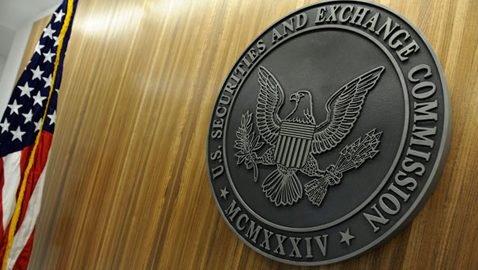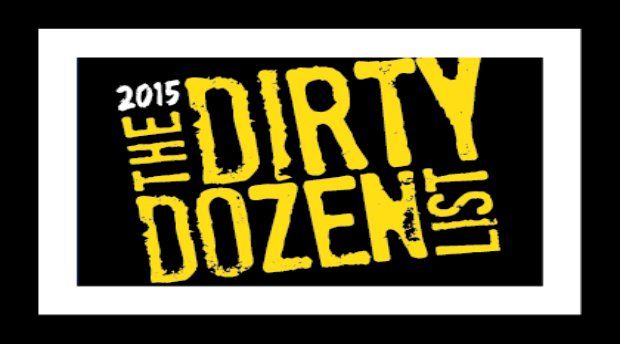Relaxation Of Ban On Hedge Funds Advertisement? A Minefield That Should Never Have Been Opened
Post Views 0
The effects of allowing hedge funds to advertize is a worrying factor, opine Wall Street analysts. They say that hedge funds are complex, sophisticated, hard to understand capital pools. Leave alone the ordinary investor, even financial institutions find it hard to decipher and decode the monetary jargon they contain. It is not something that can be explained through ads.
The only obvious consequence is that the excellent hedge funds, don’t need to trumpet their quality and will remain secretive whilst a bunch of sleazy characters will hit the airwaves with lip-licking glee at the prospects of fooling gullible investors out of their hard-earned money.
It is common knowledge that the best hedge funds and the private-equity firms don’t bother about the lesser folks, who can contribute at best 1 to 2 percent of what they are seeking. Their targets are the money elite – college endowments, charitable trusts, pension funds and big institutional dollars.
It can be safely assumed that those funds that target the common man will not be the top-tier ones but it will be a mix of the mediocre, the frauds and the new funds and there will be many stories of bankruptcies and funds going bust, not to speak of lawsuits.
The relaxation in advertizing has gone from one extreme to the other. Earlier the boundaries set for what hedge funds can say and what they cannot were too strict, now they are too lax. It seems now not only hedge funds be able to say what they want, they can opt to omit anything they want as well. This could lead to concealing vital information that could be detrimental to the unwary investor.
Advertisements are more than likely to target the ordinary investor as they are easier to manage than the single big investor who will need a lot of cajoling and convincing.
Advertising will help them cast their net far and wide and enticed by the ad and the prospects of making easy money, the ordinary folks will come with their checkbooks open and give willingly and happily. Advertising will make smaller accounts easier to get and hedge funds will find them an attractive avenue to raise their capital.
But how can the Securities and Exchange Commission save the investors from being duped by unsavory operators. Regulators are saying that whilst it is true that hedge funds and private-equity firms will be allowed to begin advertising next year, only “accredited investors” can buy from them. Accredited investors are those who have net worth of $1 million or more, or income of more than $200,000.
“It’s a very dangerous precedent for the SEC to have launched into this,” says industry observer Geoff Bobroff, a consultant based in Rhode Island. “There’s a reason why these products are for high net-worth and accredited investors; you can lose money, and a lot of it, if things go wrong. … Personally, I don’t think John Q. Public should be exposed to it.”
Analysts say that it would have been better that the hedge funds permission to advertise would be subject to certain conditions, which they would have to meet prior to soliciting the general public. All ads have to seek approval and consent of the SEC and restrictions on certain locations could have been mandated. It could also make it compulsory for the funds to make lengthy disclosures similar to the one sees in pharmaceutical ads.
Why the SEC did not do that is hard to understand. It is perhaps their way of saying, the Congress wants hedge-funds ads, let them have it, let them also be responsible for its aftermath.
One can expect to see a lot of hedge fund managers starting their own blogs and Twitter accounts.
Relaxation Of Ban On Hedge Funds Advertisement? A Minefield That Should Never Have Been Opened by Harrison Barnes


 What Really Happens When We Receive Personalized Ads
What Really Happens When We Receive Personalized Ads  Next Level Text Allows Anyone to Fundraise
Next Level Text Allows Anyone to Fundraise  “Deadzone Diners” Takes a Different Approach to Cellphone Usage
“Deadzone Diners” Takes a Different Approach to Cellphone Usage  Fast Food Companies Look to Their Consumers for Advertising
Fast Food Companies Look to Their Consumers for Advertising  12 Companies That Profit Off Sexual Exploitation
12 Companies That Profit Off Sexual Exploitation  Project Gravitas Prepares for Black Friday with ‘Message in a PG Box’
Project Gravitas Prepares for Black Friday with ‘Message in a PG Box’  Advertisers Turn to Outlets Other Than Traditional Television
Advertisers Turn to Outlets Other Than Traditional Television